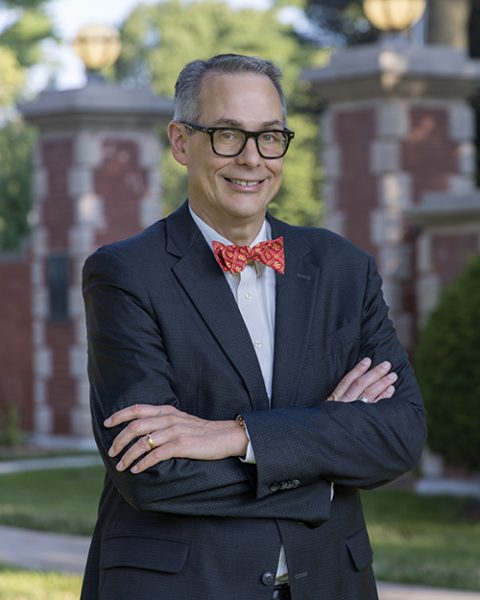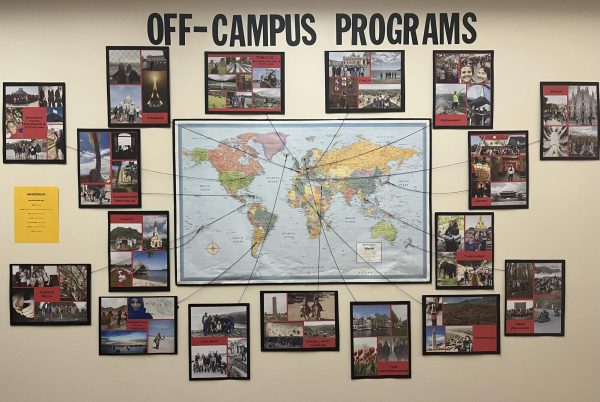Annual Clery Act show drop in campus sexual assaults from 2012
October 14, 2014
Simpson College’s second largest crime statistically, sexual assault, decreased in 2013 according to Clery Act crime statistics released last Wednesday. Simpson students reported two forcible sexual assault offenses, compared to three in 2012. However, these numbers do not match the five to ten sexual assault cases director of counseling services Ellie Olson saw last year.
The Jeanne Clery Act requires any college receiving federal government funding to keep a public crime log, and release annual crime reports every October. This year, the report doubled in size due to revised definitions and additional statements covering stalking, domestic violence and dating violence.
“I think (Clery report statistics) is almost most definitely an under-report of what actually happens on our campus,” Olson said.
Crimes related to sexual assault are traditionally underreported because students don’t feel safe reporting, or feel as though something negative will result in reporting the crime.
“It would be nice if we lived in a world where it was easier to make those reports, and feel safe and feel like they would be taken seriously and something would happen in response to those reports,” Olson said.
Chris Frerichs, director of security, said in the past individuals have been found guilty for sexual assault on campus, but no individuals have thus far this year.
Larger universities like Columbia University in New York have seen sexual assault rise as high as 450 percent in the past two years as revealed by Clery Act statistics.
The soaring increase of numbers does not mean sexual assault is starting to occur more. The high statistics reported can be credited to amplified awareness around college campuses and Clery Act Revisions.
“It’s never good to have the higher numbers, but you could say the higher numbers mean the people are coming forward.” Frerichs said.
According to Frerichs, alcohol is the most prevalent offense on campus and sexual assault is the most serious crime.
A campus sexual assault study found 25-45 percent of rape victims suffer from non-genital trauma, 19-22 percent suffer from genital trauma and up to 40 percent contract sexually transmitted diseases. Annually, rape causes an estimated 32,000 pregnancies in the United States.
Justin Martin, a senior involved in Sexual Assault Response Advocates (SARA), has been trained to handle different sexual assault cases. Students in an intimidating situation on campus can call or text SARA’s 24/7 hotline.
According to Martin and Frerichs, there is no particular spot on campus where multiple assaults have occurred.
If sexual assault on campus begins to mark a common spot on campus, Frerichs says after a reasonable amount of time has passed, security will send out mass texts and emails informing students.
“I would view the campus as being pretty safe.” Martin said. “I think the best thing SARA members can do to keep our campus safer is to educate people about sexual assault, what sexual assault is and make sure students aren’t hurting each other in ways they may not know.”















